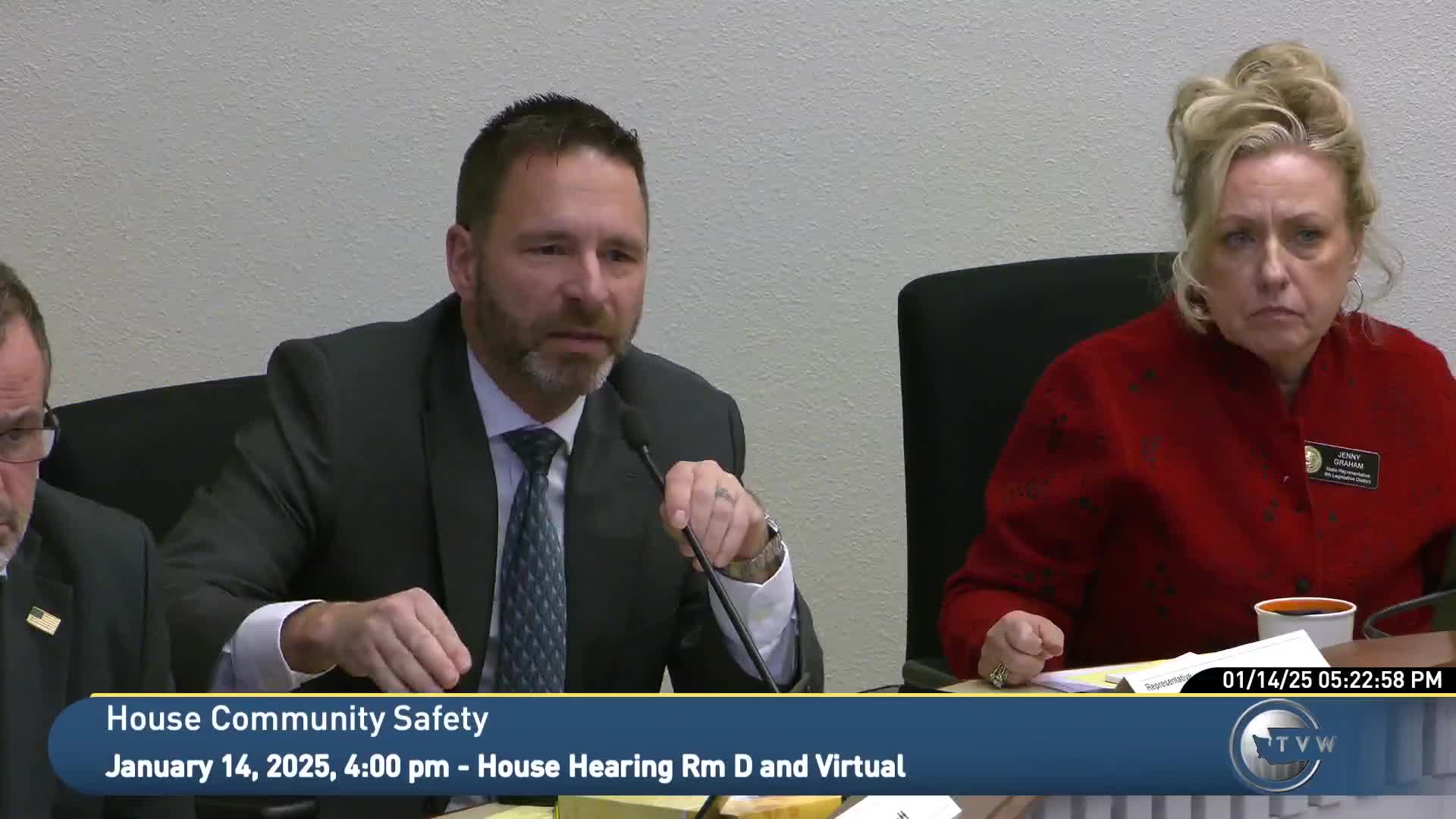DOR report to House Finance: Washington could administer a wealth tax but valuation, evasion and compliance pose major challenges
Get AI-powered insights, summaries, and transcripts
Subscribe
Summary
Steve Ewing of the Department of Revenue presented DOR’s November 2024 wealth tax report to the House Finance Committee on Jan. 14, saying the department believes it could administer a wealth tax if enacted but that valuation, evasion, and compliance pose significant challenges.
Steve Ewing, legislative and external affairs liaison for the Washington Department of Revenue, presented the department’s November 2024 wealth tax report to the House Finance Committee on Jan. 14. The report, required by proviso in the last operating budget, examined wealth tax proposals in other U.S. states and countries, administrative practices abroad, and the capacity of Washington’s tax system to adopt a recurrent tax on the value of financial intangible assets.
DOR defined a wealth tax for the study as a recurrent tax on the value of assets a person owns, often focused on financial intangibles. The report surveyed recent U.S. proposals (including California, Hawaii, Illinois and New York proposals) and noted several countries that levy or previously levied wealth taxes. The department sent questionnaires to other jurisdictions (responses included Argentina, France, Spain, and Swiss cantons) and reviewed literature on valuation and compliance.
DOR’s key findings include: (1) Valuation is straightforward for publicly traded assets (stocks, bonds, ETFs) but difficult for nonmarketable assets; jurisdictions often rely on market valuation for traded assets and formulaic methods (book value or insured value) for others. (2) Tax evasion and enforcement are a primary administrative challenge; several respondents identified evasion as their main enforcement concern. (3) Compliance rates reported by foreign jurisdictions varied and were often unavailable; where reported, they ranged from about 82 to 98 percent, but those figures may not translate directly to a U.S. state context. (4) Effective administration would require robust electronic filing, codified valuation rules, and dedicated audit and enforcement resources. DOR noted some administrative experience could be leveraged from estate tax and capital gains work but that substantial new staff and systems could be required depending on the tax’s design.
Ewing said DOR concluded it could administer a wealth tax if one were enacted, but warned the Legislature to carefully consider valuation methods, enforcement capacity, taxpayer mobility and revenue reliability before advancing a proposal. Committee members asked about potential staffing and cost estimates for administration; DOR replied that costs would depend on the tax’s parameters and suggested reviewing fiscal notes prepared for prior 2023 proposals (House Bill 1473 and Senate Bill 5486) for staffing and expenditure estimates tied to specific designs. Members also asked about whether wealth held in retirement accounts or brokerage accounts would be treated differently; DOR said the report did not disaggregate pension or retirement holdings specifically but that those design choices would be part of any legislative proposal.
The department’s full report was placed in the committee’s electronic bill book and DOR staff offered to provide further details or analyses if the Legislature requests specific statutory designs.
